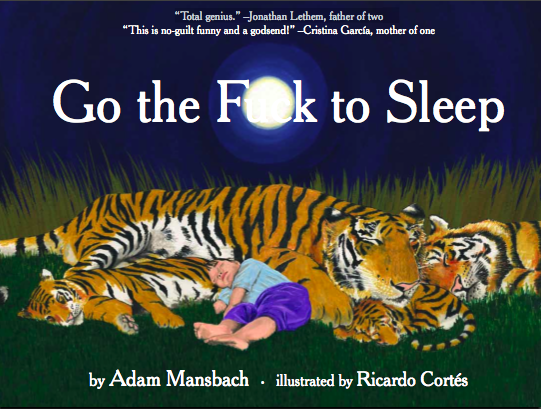httpv://www.youtube.com/watch?v=bHq6Vf99p9c&feature=related
The deaths of Romeo and Juliet in Baz Luhrman’s 1996 film adaptation
Eleanor of Aquitaine married Henry II of England on this date in 1152. She was the famed architect of the Court of Love at Poitiers, and the themes and conventions that grew up around it prevailed in love poetry for centuries.
Frye in The Myth of Deliverance on Courtly Love and the Eros cult in Shakespeare:
But while some forms of Courtly Love were highly sublimated, others were not, as we can see if we turn from Dante or Petrarch to The Romaunt of the Rose or the story of Tristan and Iseult. By Shakespeare’s day love is normally, in comedy, a heterosexual attachment leading to marriage. The tragic form of such love is the Liebestod, as we have it in Romeo and Juliet, where the heightened energy of love, which transforms Juliet into the most articulate thirteen-year-old in history, meets with an equally heightened catastrophe. We can see in this play how the medieval Courtly Love conventions are still operating as a parallel to Christian doctrines. Strictly speaking, from a Christian point of view, Romeo’s suicide might involve him in damnation, but not many in his audience would want to speak as strictly as that. The audience would recognize that Romeo has his own religion: it does not conflict with Christianity or prevent him from going to Friar Laurence for confession, but when he says, “My bosom’s lord sits lightly in his throne” [5.1.3], he is speaking of the god to whom he really is committed and who really does run his life, who is Eros. Romeo and Juliet die as saints and martyrs in this god’s calendar, just as the “good women” of Chaucer’s Legend of Good Women include Dido and Cleopatra, who were also erotic saints and martyrs. (CW 28, 389-90)
